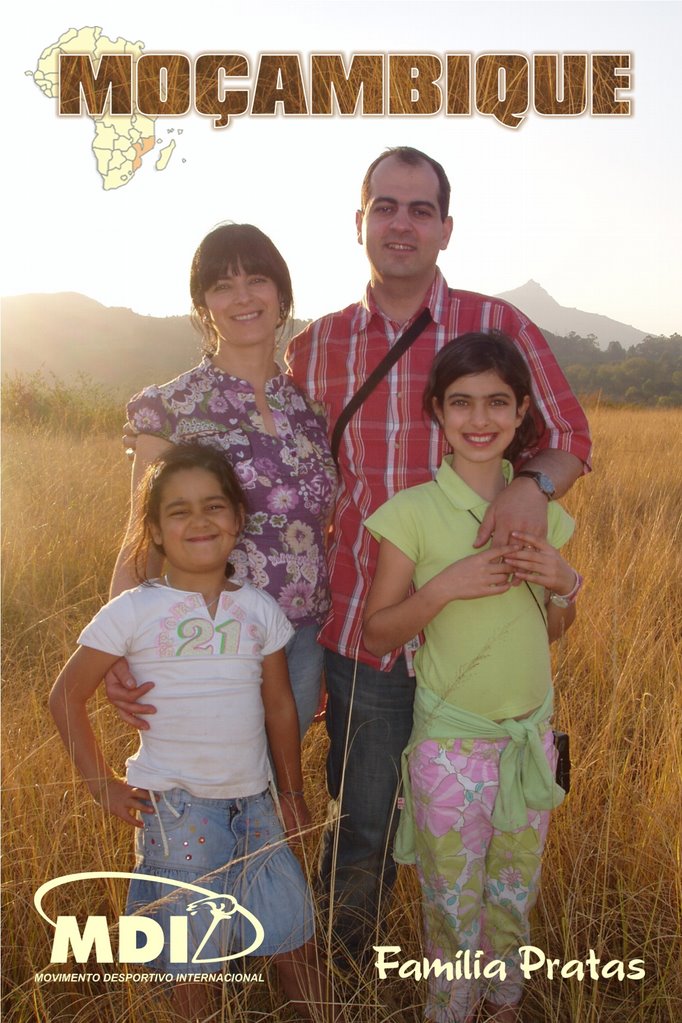More than 10,000 of the world's top athletes will compete fiercely for 302 gold medals in 28 sports.
Only some athletes will reach the gold, although all of them worked hard to be able to achieve it.
2000 years ago, Paul write these words:
" Do you not know that in a race all the runners run, but only one gets the prize? Run in such a way to get the prize."
The race for the gold it may last only 4 years, but for some athletes, there is a better race for a prize better than gold - a life with eternal purpose.
That was the case of Eric Liddel, athlete and missionary in China, reaching gold medal at the 1924 Olimpic Games in Paris.
During the summer of 1924, the Olympics were hosted by the city of Paris.
Liddell was a committed Christian and refused to run on Sunday (the Sabbath), with the consequence that he was forced to withdraw from the 100 metres race, his best event. The schedule had been published several months earlier, and his decision was made well before the Games began. Liddell spent the intervening months training for the 400 metres, an event in which he had previously excelled. Even so, his success in the 400m was largely unexpected.
The day of 400 metres race came, and as Liddell went to the starting blocks, an American masseur slipped a piece of paper in his hand with a quotation from 1 Samuel 2:30, "Those who honor me I will honor." Liddell ran with that piece of paper in his hand. He not only won the race, but broke the existing world record with a time of 47.6 seconds. A few days earlier Liddell had competed in the 200 metre finals, for which he received the bronze medal behind Americans Jackson Scholz and Charles Paddock, beating Harold Abrahams, who finished in sixth place. (This was the second and last race in which these two runners met.)
Because of his birth and death in the country some of China's Olympic literature lists the Scotsman as China's first Olympic champion.
He returned to Northern China where he served as a missionary, like his parents, from 1925 to 1943 - first in Tianjin and later in Shaochang (Chinese 韶昌). During this time he continued to compete sporadically, including wins over members of the 1928 French and Japanese Olympic teams in the 200 and 400 metres at the South Manchurian Railway celebrations in China in 1928 and a victory at the 1930 North China championship.
Liddell's first job as a missionary was as a teacher at an Anglo-Chinese College (grades 1-12) for wealthy Chinese students. It was believed that by teaching the children of the wealthy that they themselves would later become influential figures in China and promote Christian values. He used his athletic experience to train the boys in a number of different sports. One of his many responsibilities was that of superintendent of the Sunday school at Union Church where his father was pastor
Liddell was also involved in preparing the food for the Japanese guards, again because he was trusted not to poison their food. One of Liddell's fellow internees later wrote a book about his experiences in the camp called "The Courtyard of the Happy Way" which gave details of all the remarkable characters in the camp. Liddell was "the finest Christian gentleman it has been my pleasure to meet. In all the time in the camp, I never heard him say a bad word about anybody." The camp was originally a missionary school named The Courtyard of the Happy Way. The Japanese removed many of the facilities from the camp to make it a proper prisoner of war camp. Later, Winston Churchill approved a prisoner exchange and Liddell, as a famous athlete, was one of the prisoners chosen to go; however he gave his place to a pregnant woman.
In his last letter to his wife, written on the day he died, he talks about suffering a nervous breakdown in the camp due to overwork, but in actuality he was suffering from an inoperable brain tumour, to which being overworked and malnourished probably hastened his demise.
He died on February 21, 1945, sadly five months before liberation. He was later interred in the Mausoleum of Martyrs in Shijiazhuang, China which is a great honour for a non-Chinese person. He was greatly mourned not only at the Weihsien internment Camp but also in Scotland as well. A fellow internee, Langdon Gilkey, was later to write, "The entire camp, especially its youth, was stunned for days, so great was the vacuum that Eric's death had left." Liddell's last words were allegedly "It's complete surrender."
Fifty-six years after the 1924 Paris Olympics, Scotsman Allan Wells won the 100 metre dash at the 1980 Moscow Olympics. When asked after the victory if he had run the race for Harold Abrahams, the last 100 metre Olympic winner from Britain (in 1924), Wells replied, "No, this one was for Eric Liddell."
Someone described him as a man "who lived better than he preached".
The Eric Liddel Centre














